What Has Surprised You Most About Homeschooling?
I saw this question somewhere on the internet while I was on holiday a week or so ago and it really got me to thinking… what has taken me most by surprise in our homeschooling adventure?
I knew “from the start” that we would homeschool. It was on our radar because my sister’s family homeschools their kids and my cousin homeschooled her three kids. It sounded like a good fit for us as well, especially when my son became of school age. We decided we’d continue with all those science experiments, reading, and learning on our own.
What has taken me by surprise is how much I’ve learned about education itself. I was a teacher and I figured I knew a lot about “teaching,” but boy… how little I really knew. There are so many (successful) ways that children can learn. When we started homeschooling I really knew little about the different approaches, styles and methods to learning. I’ve read and read and read… and was surprised by how many unique approaches there are to educating children. And, I’m even more fascinated by how much I agree with all of them! I have found that we take elements of most everything into our homeschool!
From classical homeschooling: I really like the cyclical approach to teaching history and science… covering the four main time periods one-per-year (ancient, medieval/early renaissance, late renaissance/modern) and then starting at the beginning again. So as the child gets older they learn some of the same material, but more in-depth. This made sense to me and though we don’t follow this to a T, it gave me a framework for our homeschool approach. There’s more to it than that… tailoring the curriculum to the child’s cognitive development and all that. I won’t go into all that, but I really like the exposure to art, culture and history of Western civilization (and I’ll add in for our homeschool… the world!), along with the language, literature and philosophy. It is often described as ‘rigorous’ and kids strive towards intellectual attainment and understanding. There is a lot of substance to this approach of homeschooling.
From unschooling/interest-driven/child-led learning: I like the idea that we can follow and expand on the kids’ interests. Here is an example… last week we went to a museum about pirates. I talked with LD about the pirate lapbook he made when he was four. At the time, he was intrigued by pirates and he learned all about the Jolly Rogers and the famous pirate, Blackbeard. We did all kinds of activities, he dressed as a pirate for weeks and we made this lapbook (below). This was an interest-driven study we did at the time. I was impressed with the number of things LD remembered about pirates and Blackbeard — such as the fact that he lit strings in his beard to make himself appear more frightening. That was from over five years ago, so I really believe that things that kids learn because they want to are more engaging and meaningful to them.
From Montessori: I was really drawn to the well-prepared environment of the Montessori classroom, strewn with activities for the kids to discover and explore. We brought in a lot of Montessori-inspired activities especially in the areas of geography, science, culture and math. Montessori follows the kids’ growth from concrete to abstract thinking. Montessori emphasizes direct experiences and the process of investigation and discovery. I learned a lot from the Montessori albums available at Moteaco (which are no longer available).
I still tend to “plant” activities, books and games for the kids to pick up and use as they are interested.
From traditional teaching: I have learned a lot from veteran teachers in the field and have used a lot of teacher-created materials for math, language arts and more. I often browse through the teacher resources when I’m looking for creative, hands-on activities for my kids. Teachers out there are an amazing, giving group of talented people. Hooray for our public school teachers! For example, this is a digraph sorting activity ED did a couple weeks ago (courtesy of Julie over a Make, Take & Teach) to emphasize the th, wh, sh and ch sounds in words:
I have also read lots of books written by teachers for the classroom. And while some things aren’t relevant to our homeschool (classroom management issues such as how to conference with all 25 kids), I have walked away with invaluable advice and tips. For example, Peggy Kaye’s books Games for Math has been invaluable here at the Homeschool Den and I could list at least another dozen great books!
From Charlotte Mason: This method seems very gentle and loving… at least the way it is portrayed by Karen Andreola in a Charlotte Mason Companion. It makes me want to snuggle up with the kids, delving into beautifully written “living” books. This approach uses great literature for copywork and dictation and suggests that children’s lives are filled with art, poetry, music and nature study. As much as we love books, there’s a lot from this book and philosophy that resonates with me.
From Waldorf: First, I loved the more natural, wooden toys. I let the kids play with acorns and pine cones, stones… we had lots of wooden toys when the kids were little. The kids played so much with beautiful pieces of silk and fabric to create their own cubby houses. We weren’t purists… we had our fair share of plastic toys, but I really liked the natural environment of Waldorf. It also emphasizes hand-work like sewing, knitting and music (kids learn the tin whistle in the early years). Plus, kids in the Waldorf school help bake and cut up fruit and veggies and help out in the garden. I like the idea that of balancing artistic, academic and practical work.
Eclectic: So… in the end, I have to describe myself as eclectic, that is I use bits and pieces of all the methods and philosophies out there. I may use living books widely in our homeschool, but I also rely on set curriculum (I’ll share more about that in another post soon) and teacher created materials (including my own). Yet, I’m quick to send the kids outside for some nature study, free time and to take adventure of the entire world as their classroom…
I would love to hear what has surprised you most about homeschooling over at my Homeschool Den Facebook Page! If you haven’t been there, it’s a great place to catch up on all the posts you may have missed as I keep a running list with a brief synopsis of each post.
————————————–
You might be interested in a related post that I shared last year: Long Term Homeschooling Goals or this post
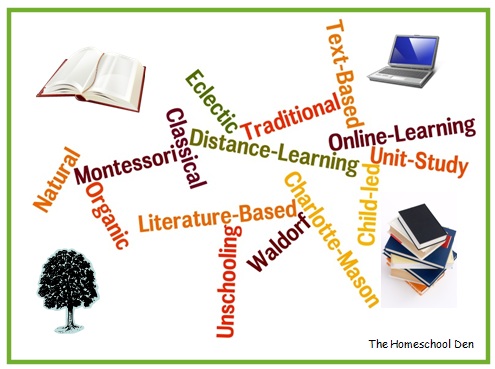
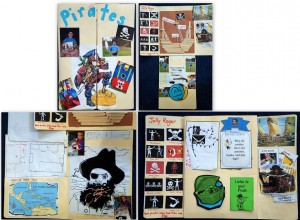
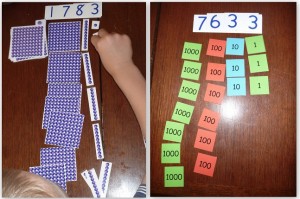
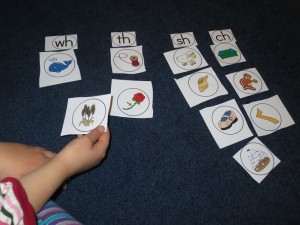
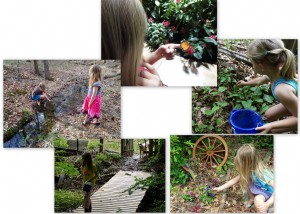
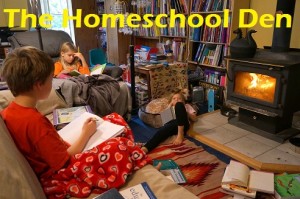
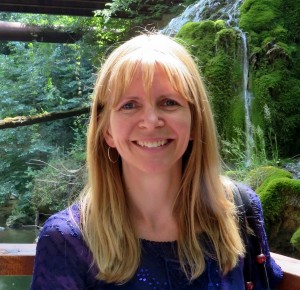
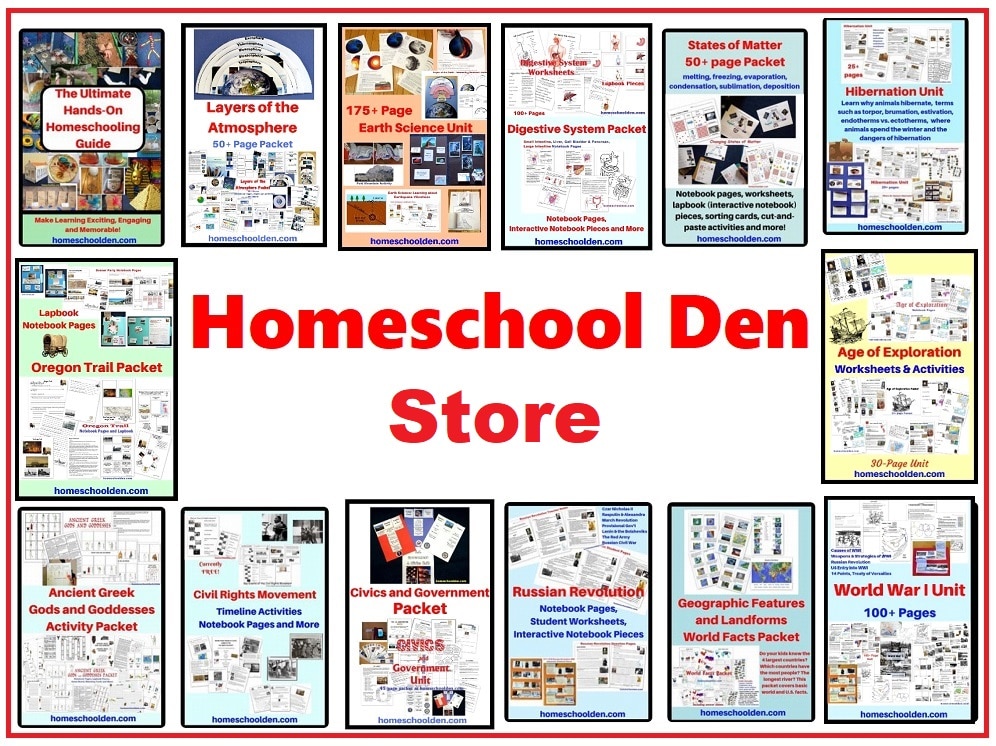
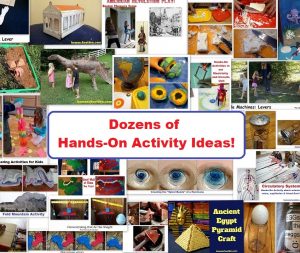

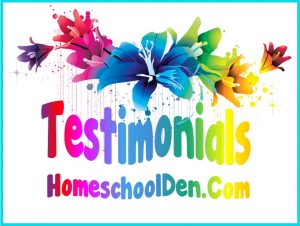
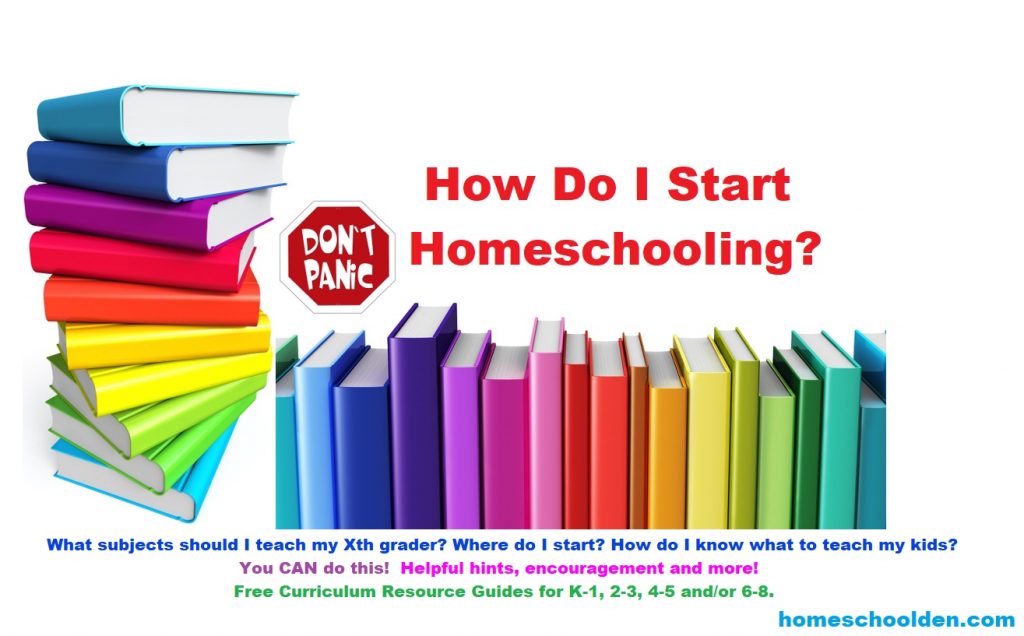
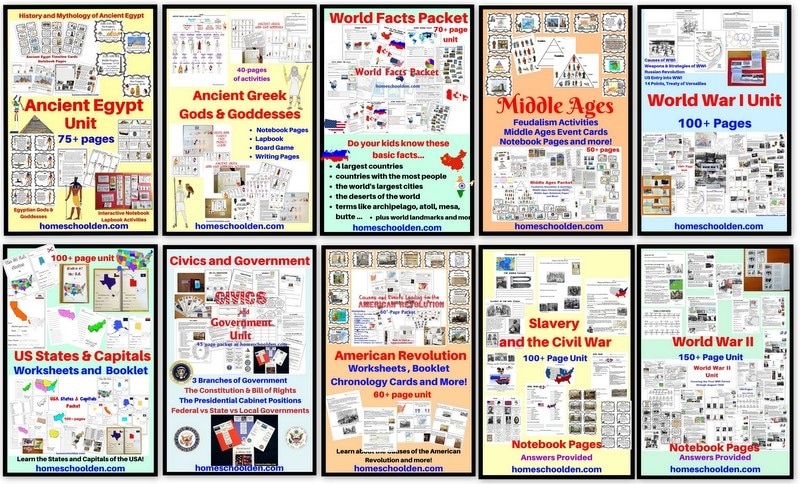
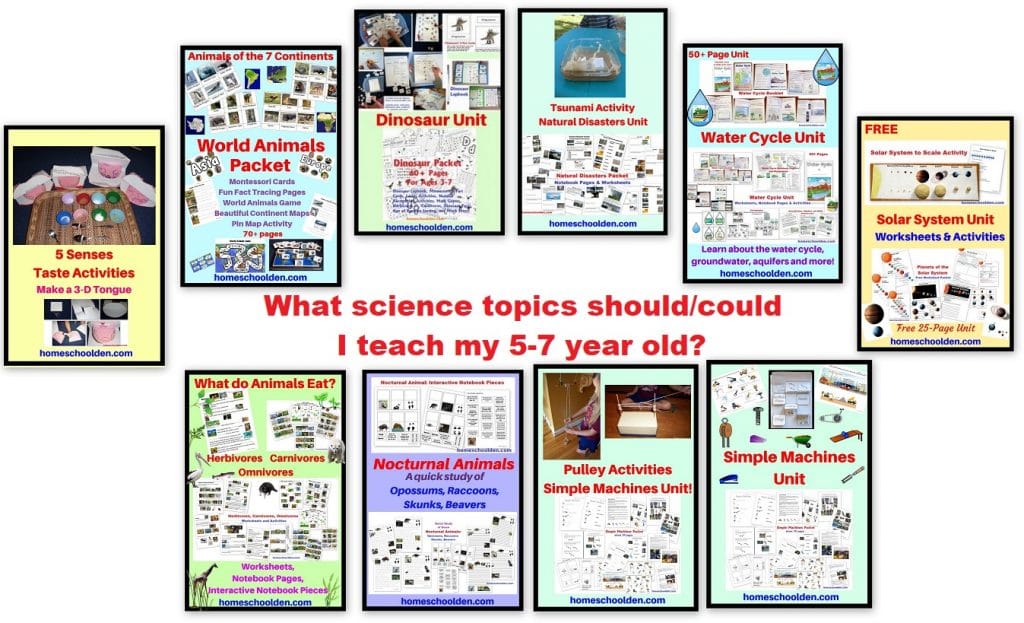

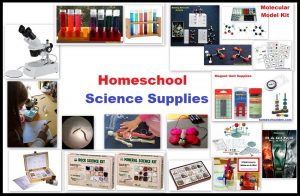
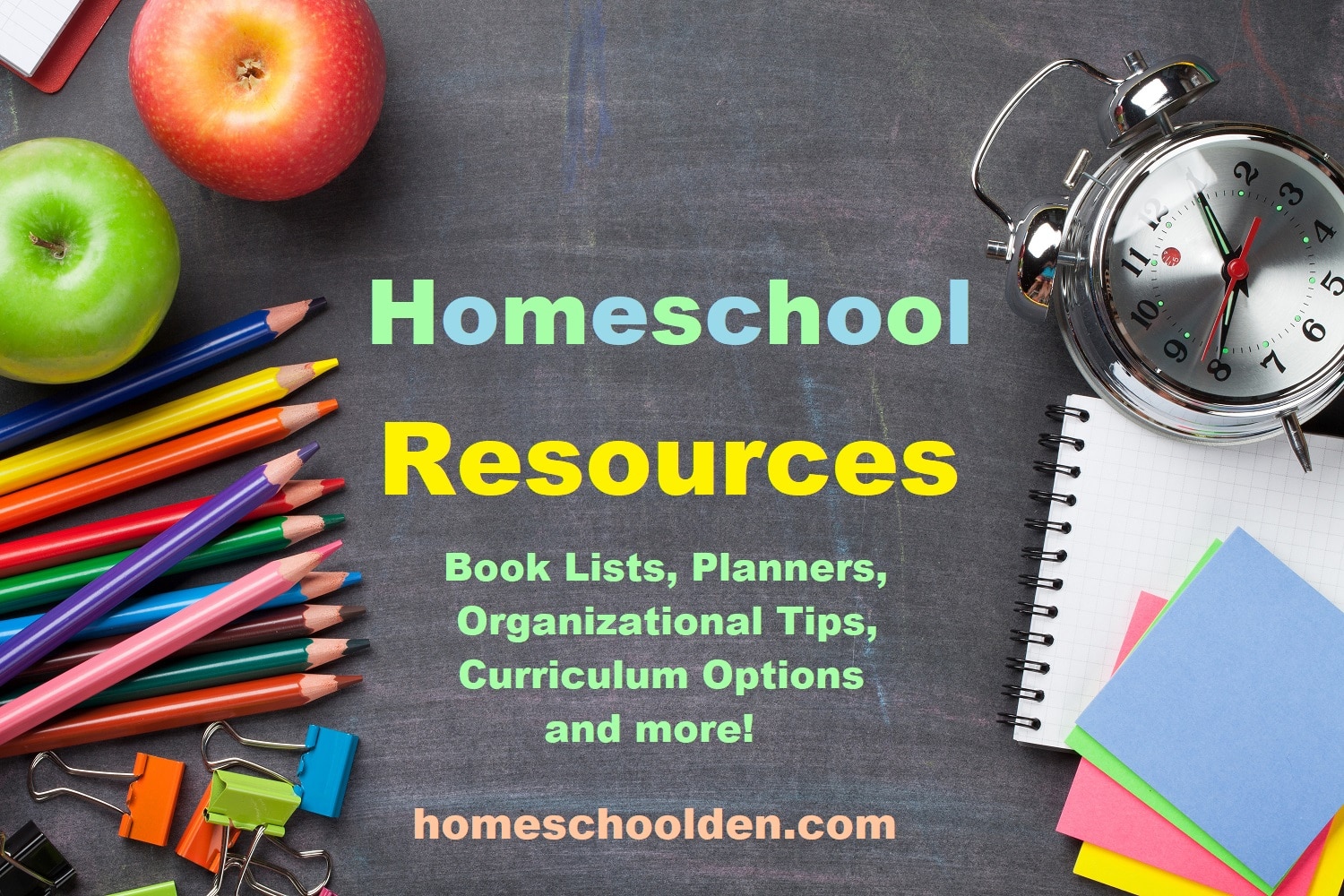

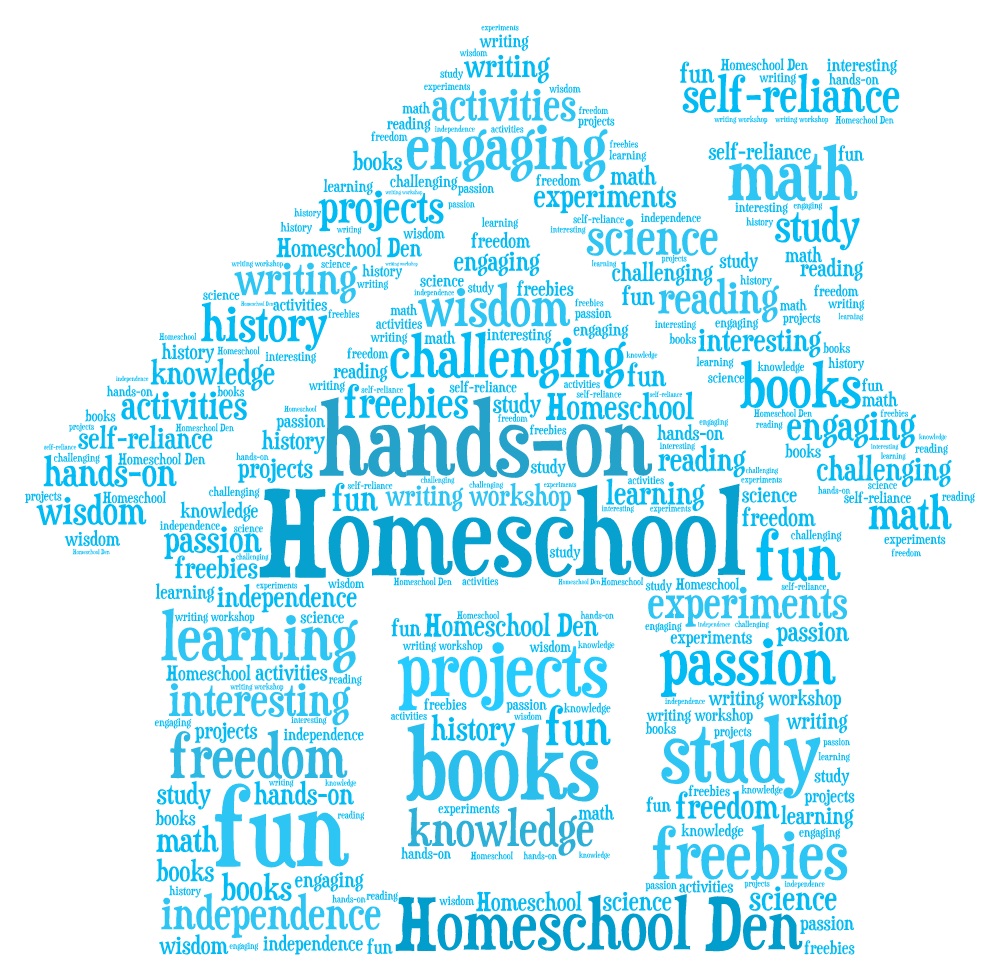

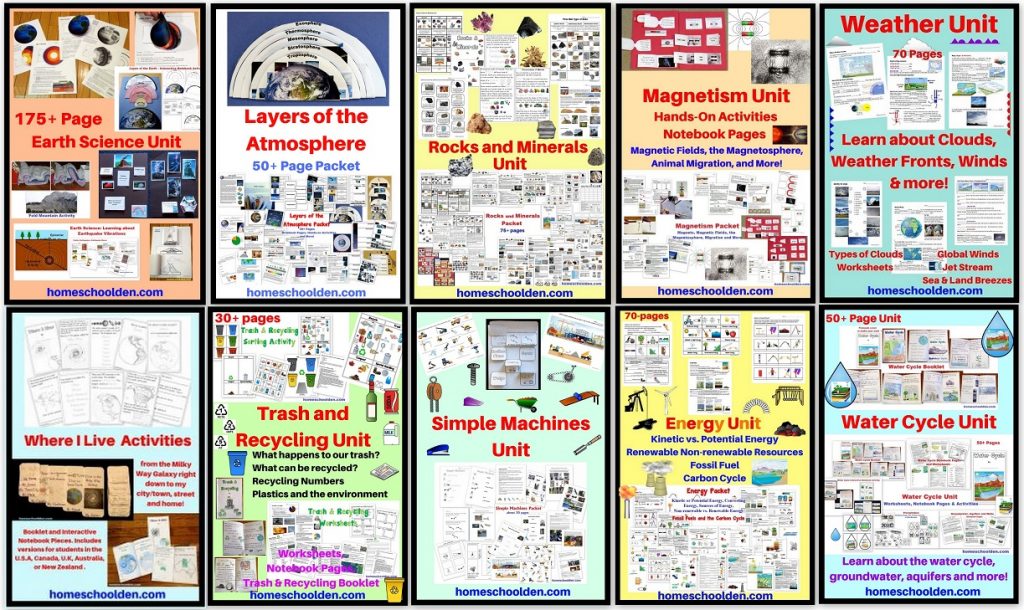

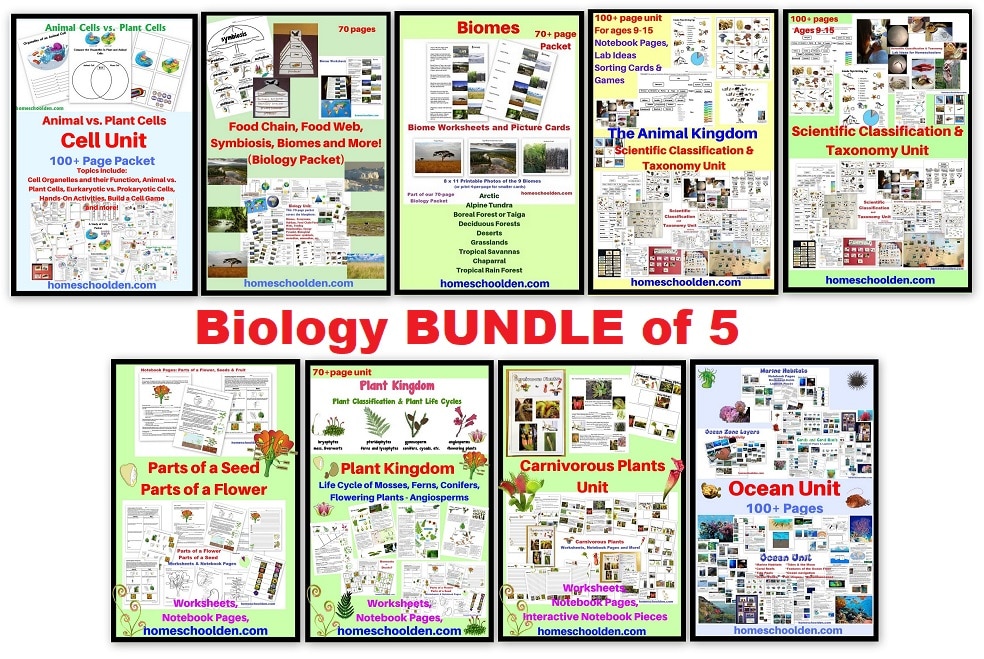
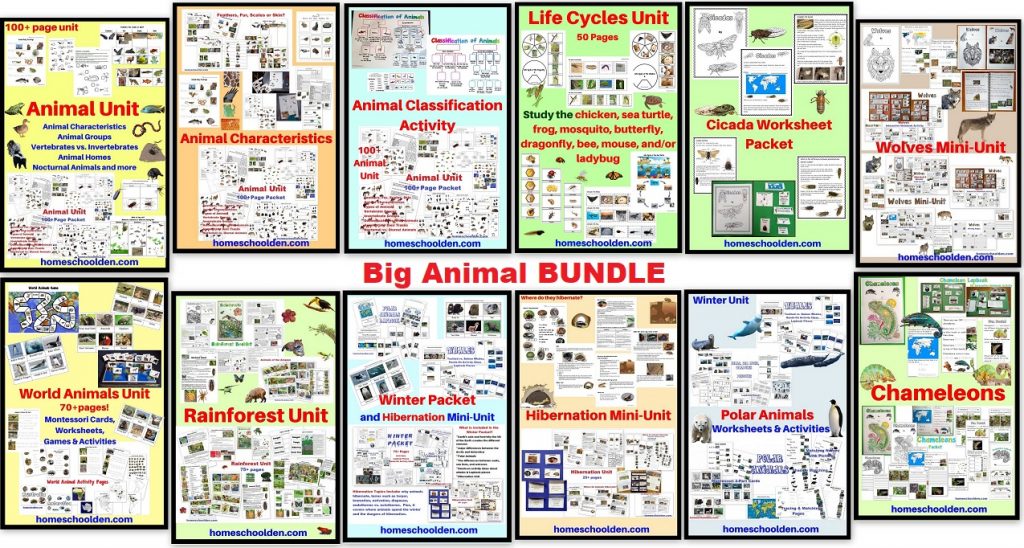




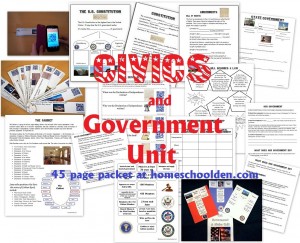
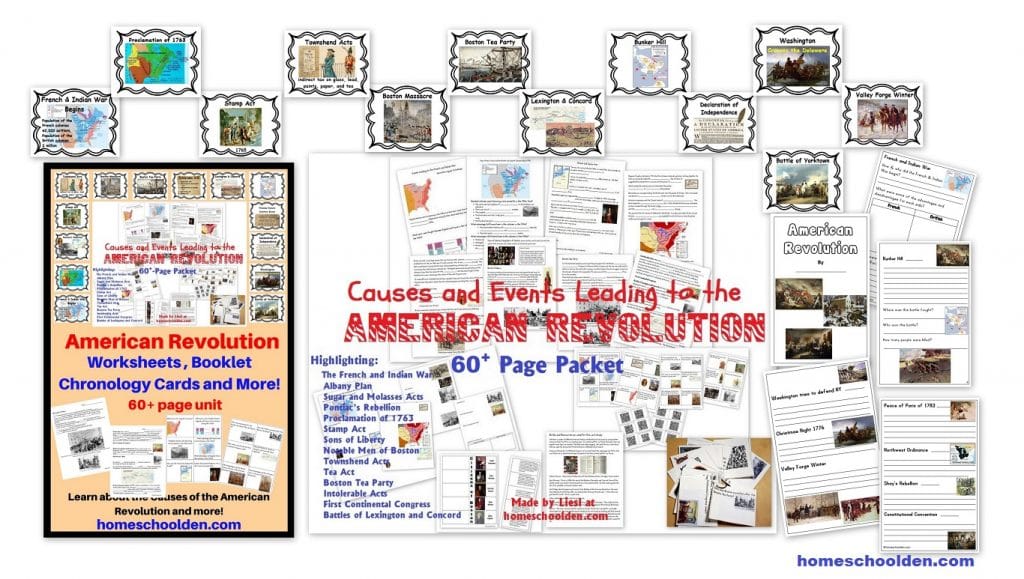


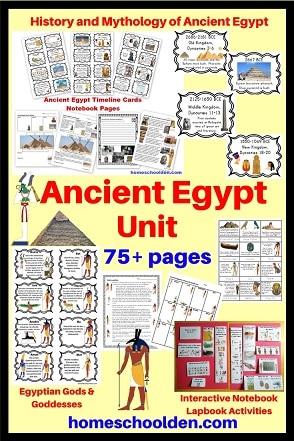
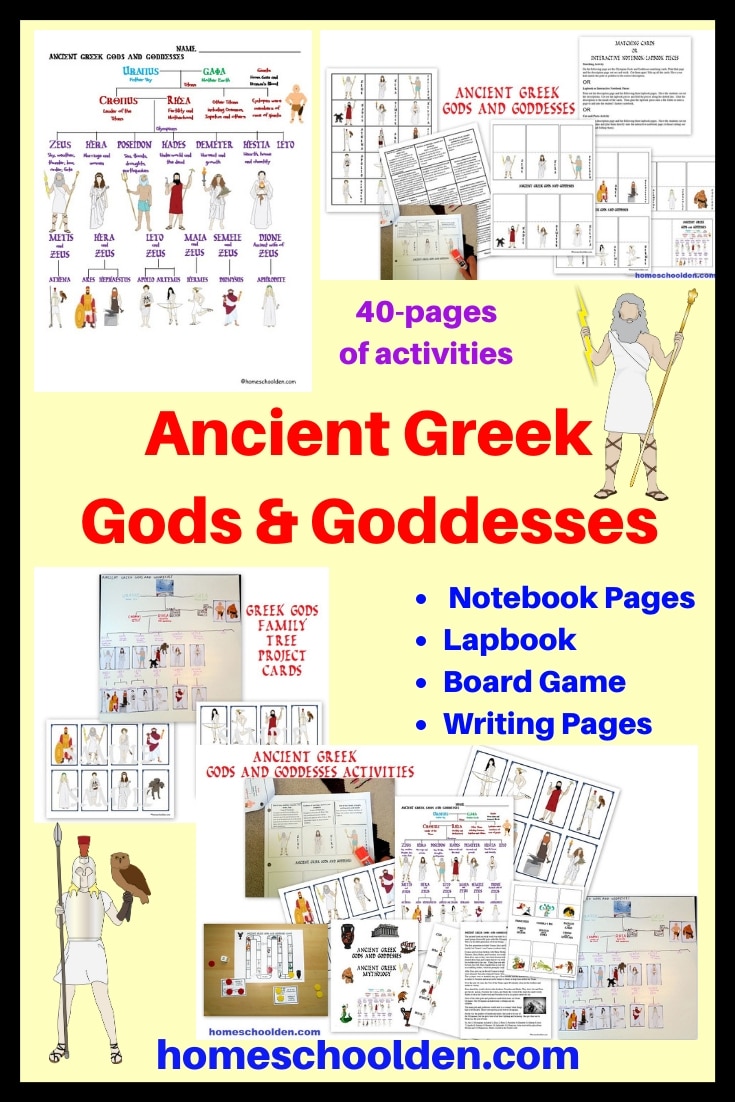



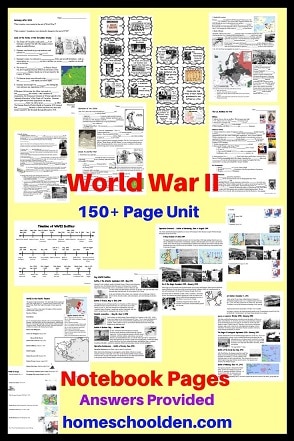
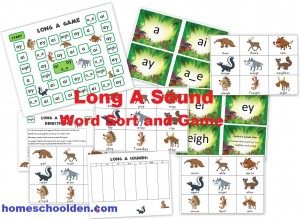
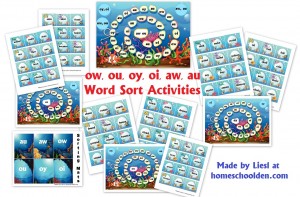
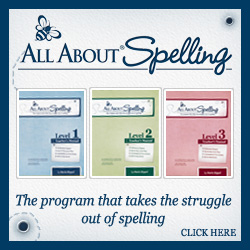
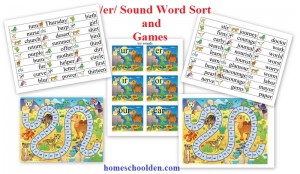
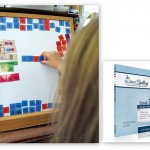
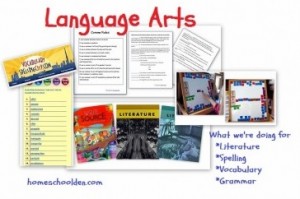
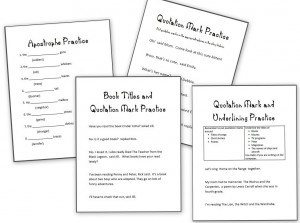
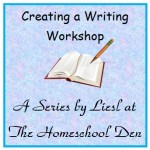
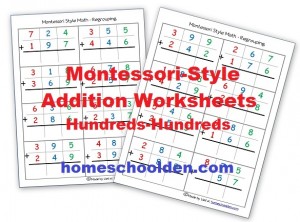
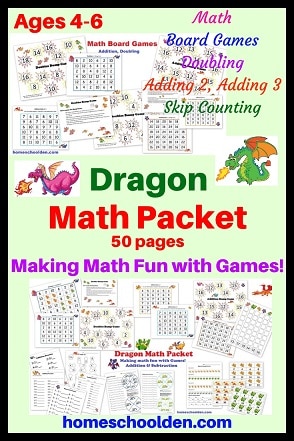
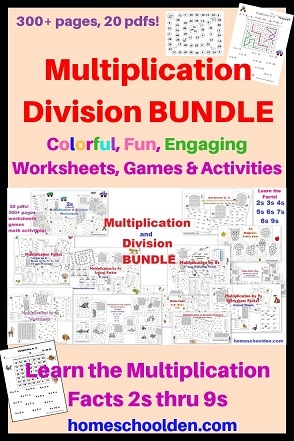
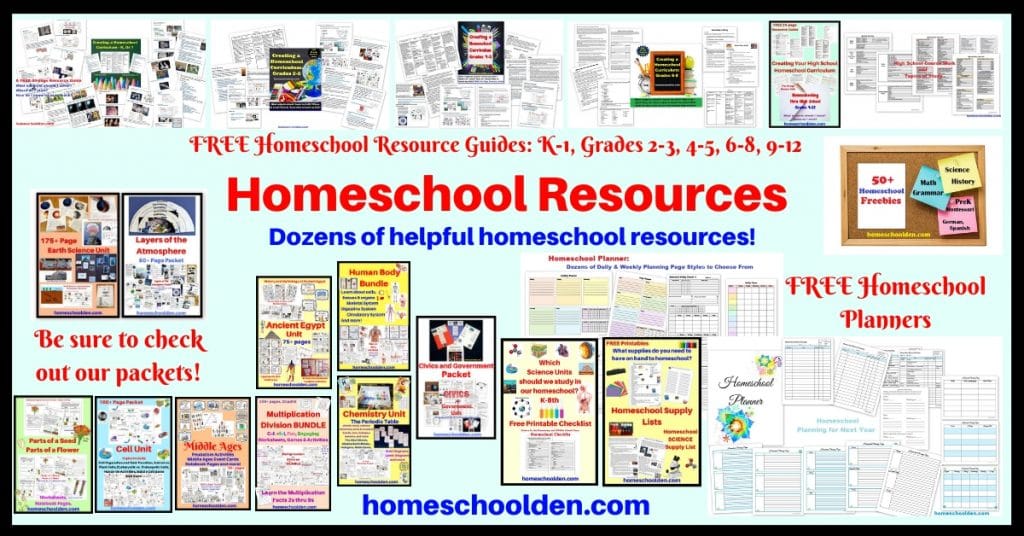
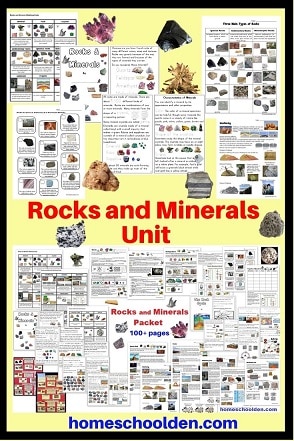


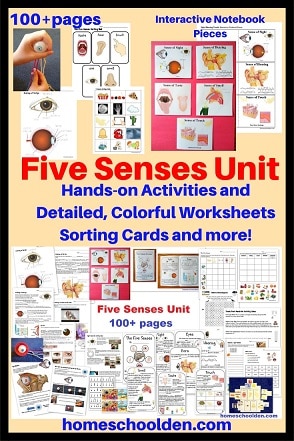
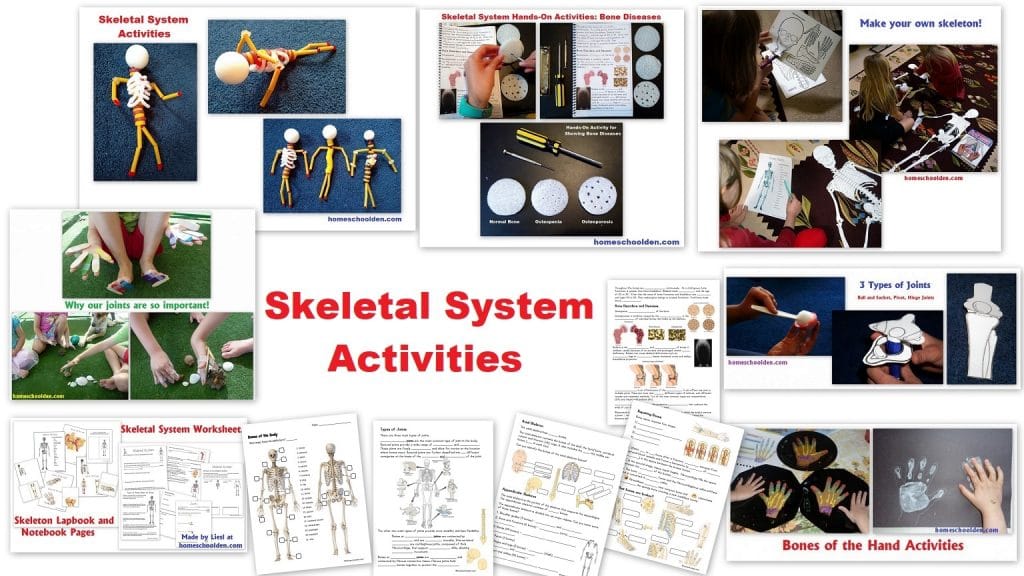
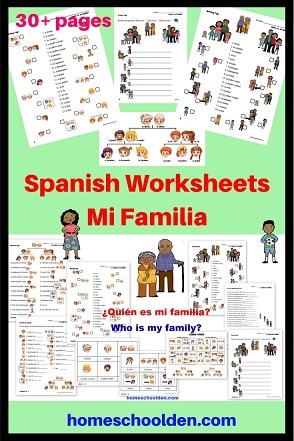
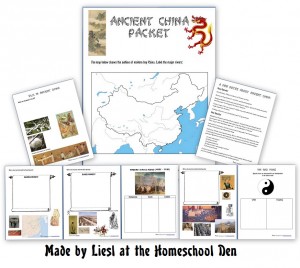
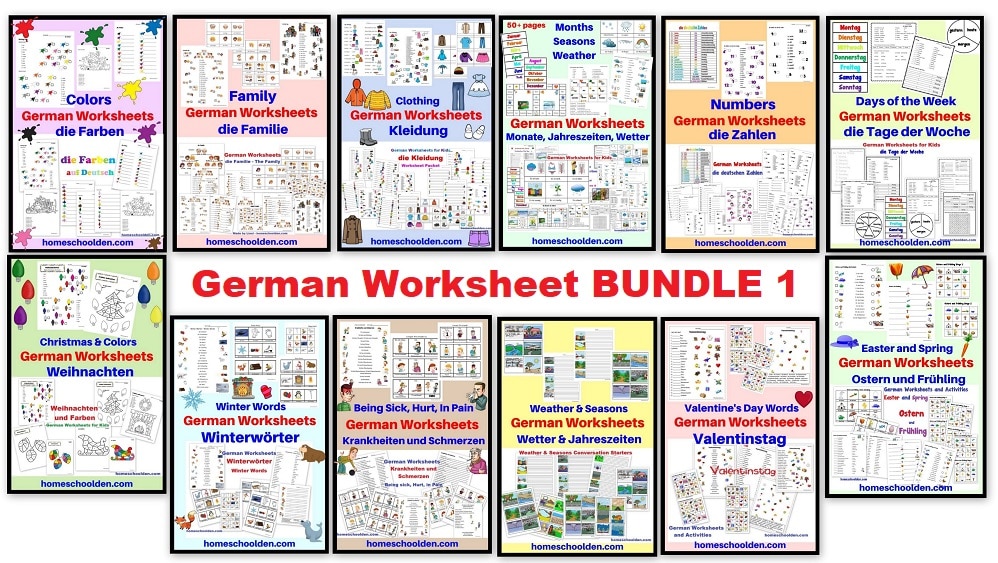
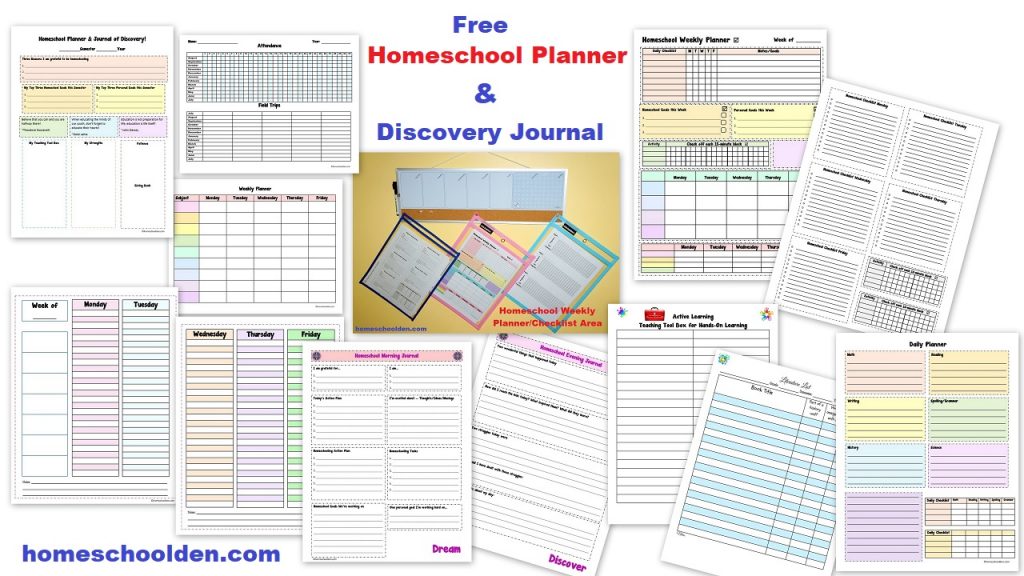
12 Responses
[…] Similar to #3 above, you might also be interested in a more recent post that talks about some of the homeschool methods that people use and how we incorporate these philosophies and methods into our homeschool: […]
[…] Similar to #3 above, you might also be interested in a more recent post that talks about some of the homeschool methods that people use and how we incorporate these philosophies and methods into our homeschool: […]
[…] Similar to #3 above, you might also be interested in a more recent post that talks about some of the homeschool methods that people use and how we incorporate these philosophies and methods into our homeschool: […]
[…] Similar to #3 above, you might also be interested in a more recent post that talks about some of the homeschool methods that people use and how we incorporate these philosophies and methods into our homeschool: […]
[…] *This post talks about how we wind up incorporating lots of the different homeschool methods into our homeschool: What Has Surprised You Most About Homeschooling? […]
[…] *This post talks about how we wind up incorporating lots of the different homeschool methods into our homeschool: What Has Surprised You Most About Homeschooling? […]
[…] Know Your Students Source […]
[…] Know Your Students Source […]
[…] What has surprised you most about homeschooling? Add a Comment […]
[…] What has surprised you most about homeschooling? Add a Comment […]
[…] How we Incorporate These Homeschooling Philosophies into Our Homeschool […]
[…] How we Incorporate These Homeschooling Philosophies into Our Homeschool […]